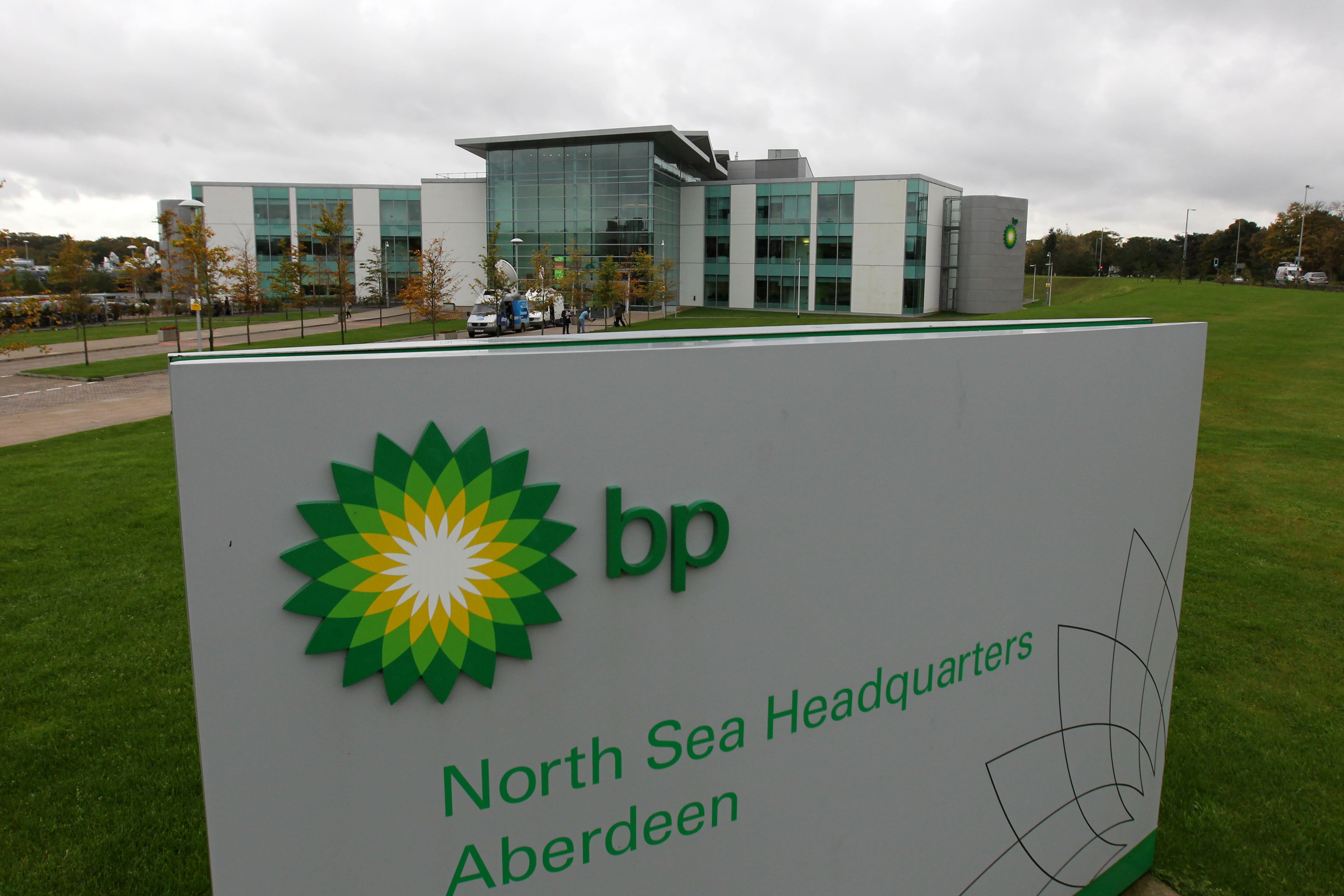Why are oil firms making record profits and how are my energy bills changing?
Both oil and gas prices have eased back from their recent highs.

BP has followed Shell in reporting record annual profits and the businesses are handing billions of pounds to their shareholders.
Why is this happening at a time when people are struggling to pay for their energy, what is the Government doing, and what do campaigners and politicians want to happen?
Why are oil companies making record profits?
The record profits of £23 billion, announced by BP, and £33 billion by Shell are for last year.
Simply put, their profits are high because they were able to massively put up prices on the oil and gas they sell. The same has applied to other oil and gas companies in much of the world.
The price of gas in the UK hit an all-time high of around £8.50 per therm last August, compared to around 50p in the early part of 2021.
Oil prices also soared, to around 107 dollars per barrel in early June last year, from around 64 dollars a year earlier.
Much of this was down to Russia’s full-scale attack against Ukraine, which was launched nearly a year ago.
What are energy prices doing at the moment?
Both oil and gas prices have eased back from their recent highs. Oil now costs around 82 dollars per barrel, not an unusual level historically.
Gas prices have also dropped significantly from last year’s peaks. But at around £1.50 per therm they are still around three times higher than they had been through much of the 2010s.
What will happen to my energy bills?
Most households will see their energy bills soar again in April.
This might seem paradoxical but this is because of the impact of Government support.
At the moment the average annual bill is £2,500 under the Government’s support scheme for households. From April that support becomes less generous, and the average bill will rise to £3,000.
Without this support, the average bill would likely have fallen from £4,279 today to £3,338 from the start of April, according to the latest forecast from Cornwall Insight.
What is happening to oil company shareholders?
They are being handed massive payouts by the companies they own.
BP shareholders will get 24.08 US cents for every share in the company they own, a total payout of around 4.4 billion dollars, and 11% higher than the year before. The company will also buy back 2.8 billion dollars in shares from its investors.
What has the Government done?
Ministers have hit Shell and BP and other companies that operate in the North Sea with a 35% extra windfall tax amid their massive profits.
However this is limited to the companies’ North Sea operations. The Government does not tax profits that these companies make abroad.
They are also helping households with their energy bills. At the moment people pay 34p per unit of electricity and 10.3p per unit of gas that they use, a lot lower than would have been the case if the Government had not stepped in.
The Government has also offered an additional £400 energy discount to every household in the country and is supporting businesses with their bills.
What are others calling for the Government to do?
Labour has called for a loophole in the windfall tax rules to be closed. At the moment companies can avoid a lot of that windfall tax if they use their profits to invest in oil and gas in the North Sea.
Labour also wants the tax backdated and says that oil and gas profits should be taxed as much in the UK as they are in Norway. Together this would raise an extra £13 billion, the party says.
The Liberal Democrats have also demanded a “proper windfall tax” and Friends of the Earth have called for the “mega earnings” to be fairly taxed.
Campaigners at Greenpeace have called on oil giants to pay into global funds to help with the fallout from the effects of climate change.
Will energy and fuel prices go back to their pre-Covid levels?
Gas prices are unlikely to drop back to what we used to consider “normal” prices.
The dispute between Russia and Europe is now so big that it seems unlikely that the gas will start flowing like it used to, even in the unlikely event that hostilities cease in Ukraine.
That will leave Europe reliant on liquid natural gas imports for years to come – until it can replace gas with renewable energy.
To make it liquid so it can be transported by ship, natural gas is cooled to -160C. This is an expensive process in its own right, so adds to the price that people have to pay for LNG, compared to gas transported by pipeline.
Therefore, as long as Europe is more reliant on LNG than it has been in the past, gas bills are likely to remain higher.
As for the price of fuel, diesel and petrol prices are falling, according to data from the RAC, although they still have some way to go before coming back to more normal levels.





